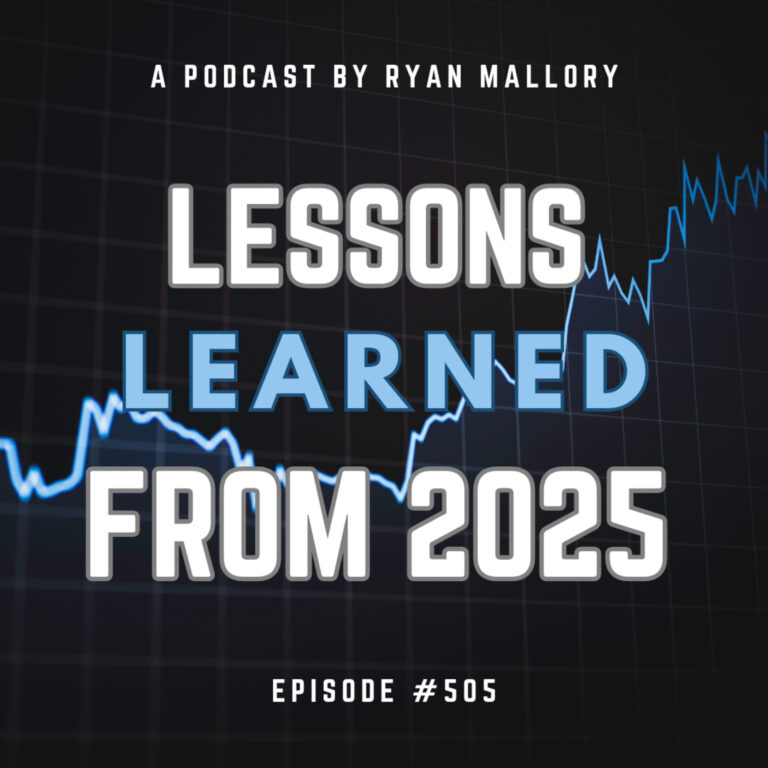What Are Good Faith Violations in Stock Trading?
Good faith violations are a common problem that many stock traders encounter, especially when dealing with cash accounts. In this comprehensive guide, I’ll dive deep into what good faith violations are, how they can impact your trading, and strategies you can use to avoid them while still managing risk effectively.
The Basics of Good Faith Violations
A good faith violation occurs when you buy a security with unsettled funds in your cash account and then sell that same security before the initial purchase has settled. In most cases, the settlement period for stocks is two trading days (T+2).
Here’s a simple example:
- Day 1: You buy $1,000 worth of Stock A using unsettled funds
- Day 2: You sell Stock A for $1,100 before the initial purchase settles
- This is considered a good faith violation because you sold the stock before paying for it with settled funds
The Consequences of Good Faith Violations
If you incur a good faith violation, your broker may restrict your account activity. The penalties for good faith violations can vary depending on the broker and the number of violations you’ve had:
- First & Second Violation: You’ll receive a warning and be required to settle the trade within the designated settlement period
- Third Violation: Your account may be subject to a 90-day cash-only restriction, meaning you can’t purchase securities with unsettled funds
Why Good Faith Violations Happen
Good faith violations often happen when traders are trying to maximize their buying power or are unaware of the settlement rules. Some common reasons include:
- Trying to day trade with a cash account
- Selling a position before the funds from the initial purchase have settled
- Misunderstanding the settlement period for different types of securities
How to Avoid Good Faith Violations
Use a Margin Account
One of the most effective ways to avoid good faith violations is to use a margin account instead of a cash account. With a margin account, you can trade with borrowed funds provided by your broker, which means you don’t have to wait for trades to settle before entering new positions.
However, it’s crucial to understand the risks involved with margin trading, such as increased leverage and the potential for margin calls if your positions move against you.
Manage Your Trades Carefully
If you prefer to use a cash account, you need to be diligent about tracking your settled and unsettled funds. Some strategies include:
- Only trade with settled funds to avoid potential violations
- Keep a portion of your account in cash to ensure you have enough settled funds for new trades
- Avoid selling positions until the initial purchase has settled
That means that incredible bull flag pattern that is starting to breakout
Understand Settlement Periods
Different types of securities have different settlement periods. For example:
- Stocks: T+2 (trade date plus two business days)
- Options: T+1 (trade date plus one business day)
- Mutual Funds: Varies depending on the fund, but often T+1 or T+2
By understanding these settlement periods, you can plan your trades accordingly and avoid good faith violations.
Frequently Asked Questions
Can I avoid good faith violations by using a margin account?
Yes, using a margin account can help you avoid good faith violations because you can trade with borrowed funds while waiting for trades to settle. However, margin trading comes with its own risks, such as increased leverage and the potential for margin calls.
What happens if I incur multiple good faith violations?
If you incur multiple good faith violations within a 12-month period, your broker may restrict your account activity or even close your account. It’s crucial to understand and follow the settlement rules to avoid these penalties.
Can I use unsettled funds to buy and sell different securities?
Yes, you can use unsettled funds to buy and sell different securities as long as you don’t sell the newly purchased securities before the initial purchase settles. This is known as “free-riding” and is allowed as long as you don’t violate the good faith rule.
Conclusion
Good faith violations can be a frustrating and costly issue for stock traders, but by understanding the rules and implementing effective risk management strategies, you can avoid them and focus on making profitable trades. Whether you choose to use a cash account or a margin account, always prioritize risk management and continuous education to adapt to the ever-changing market conditions.
Become part of the Trading Block and get my trades, and learn how I manage them for consistent profits. With your subscription you will get my real-time trade setups via Discord, Whatsapp and email, as well as become part of an incredibly helpful and knowledgeable community of traders to grow and learn with. If you’re not sure it is for you, don’t worry, because you get a Free 7-Day Trial. So Sign Up Today!

Welcome to Swing Trading the Stock Market Podcast!
I want you to become a better trader, and you know what? You absolutely can!
Commit these three rules to memory and to your trading:
#1: Manage the RISK ALWAYS!
#2: Keep the Losses Small
#3: Do #1 & #2 and the profits will take care of themselves.
That’s right, successful swing-trading is about managing the risk, and with Swing Trading the Stock Market podcast, I encourage you to email me (ryan@shareplanner.com) your questions, and there’s a good chance I’ll make a future podcast out of your stock market related question.
Each year I like to take a moment to reflect on my swing trading from the prior year. The 2025 trading year offered a lot to be happy about, but it also changed my views in a number of ways and gave me some lessons to take from it, as well as some new perspectives to take into 2026 as I navigate the stock market for yet another year. I'm hoping this moment of reflection in this podcast episode will be as beneficial for you as it was for me in making it.
Be sure to check out my Swing-Trading offering through SharePlanner that goes hand-in-hand with my podcast, offering all of the research, charts and technical analysis on the stock market and individual stocks, not to mention my personal watch-lists, reviews and regular updates on the most popular stocks, including the all-important big tech stocks. Check it out now at: https://www.shareplanner.com/premium-plans
📈 START SWING-TRADING WITH ME! 📈
Click here to subscribe: https://shareplanner.com/tradingblock
— — — — — — — — —
💻 STOCK MARKET TRAINING COURSES 💻
Click here for all of my training courses: https://www.shareplanner.com/trading-academy
– The A-Z of the Self-Made Trader –https://www.shareplanner.com/the-a-z-of-the-self-made-trader
– The Winning Watch-List — https://www.shareplanner.com/winning-watchlist
– Patterns to Profits — https://www.shareplanner.com/patterns-to-profits
– Get 1-on-1 Coaching — https://www.shareplanner.com/coaching
— — — — — — — — —
❤️ SUBSCRIBE TO MY YOUTUBE CHANNEL 📺
Click here to subscribe: https://www.youtube.com/shareplanner?sub_confirmation=1
🎧 LISTEN TO MY PODCAST 🎵
Click here to listen to my podcast: https://open.spotify.com/show/5Nn7MhTB9HJSyQ0C6bMKXI
— — — — — — — — —
💰 FREE RESOURCES 💰
— — — — — — — — —
🛠 TOOLS OF THE TRADE 🛠
Software I use (TC2000): https://bit.ly/2HBdnBm
— — — — — — — — —
📱 FOLLOW SHAREPLANNER ON SOCIAL MEDIA 📱
*Disclaimer: Ryan Mallory is not a financial adviser and this podcast is for entertainment purposes only. Consult your financial adviser before making any decisions.





